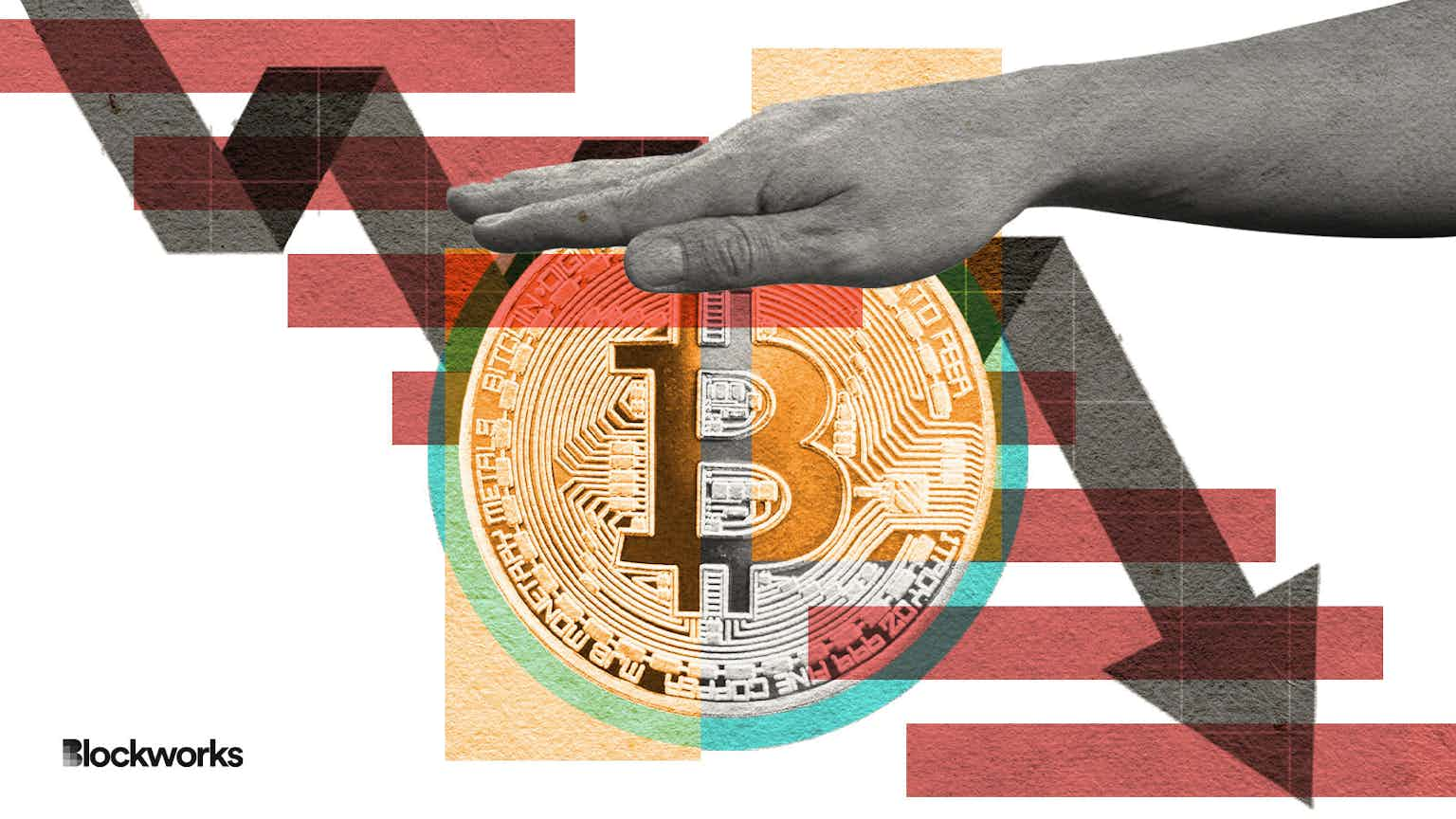Blockchain Miner HIVE Asks Canada Regulators To Bar Execs From Trading Stock
HIVE said its decision to delay its annual filings was the result of a shorter filing deadline for non-venture issuers and rapid growth

Blockworks exclusive Art by Axel Rangel
key takeaways
- The crypto miner said it would miss its annual filings deadline by more than two weeks
- As a result of the delay, HIVE has asked securities regulators across Canada to bar certain employees from trading in its stock
Publicly traded crypto miner HIVE Blockchain Technologies on Wednesday asked securities watchdogs in Canada to bar executives from trading in the company’s stock due to a delay in its financial statements.
HIVE — a crypto mining firm utilizing hydroelectric power across Canada, Sweden and Iceland — is expected to file its annual filings for the fiscal year by July 15 instead of the originally expected date of June 29.
Audited financial statements, chief executive and chief financial officer certifications and management discussion, as well as analysis, make up the majority of HIVE’s annual filings.
As a result of the delay, HIVE is asking regulators across all provinces and territories of Canada to issue a temporary order inhibiting directors, officers and insiders from trading in HIVE equities. Once the filings are finalized, the prohibition against company employees is expected to lift.
HIVE’s share price has since tumbled more than 10% on the day from 4.42 Canadian dollars ($3.43) to $4.01 Canadian dollars, exchange data show.
The firm is blaming a “combination of factors,” including a shorter filing deadline for non-venture issuers, a rapid increase in the company’s growth and an increase in the number of transactions resulting from that growth.
“The company does not anticipate such difficulties with future filings and has made arrangements to satisfy the shorter filing periods for future year-ends, including hiring additional finance staff,” HIVE said in a statement.
Founded in 2013, HIVE went public in 2017 via the Toronto Stock Exchange, and, at the time, touted itself as the first crypto mining company with a “green energy and ESG strategy” to do so. The company recently sold roughly 10,000 ether in a bid to scoop up Intel’s bitcoin mining rigs amid declining prices in a contracting crypto market.
HIVE said it intends to provide updates on a bi-weekly basis, in accordance with national policy, until the filings are completed.
Start your day with top crypto insights from David Canellis and Katherine Ross. Subscribe to the Empire newsletter.





